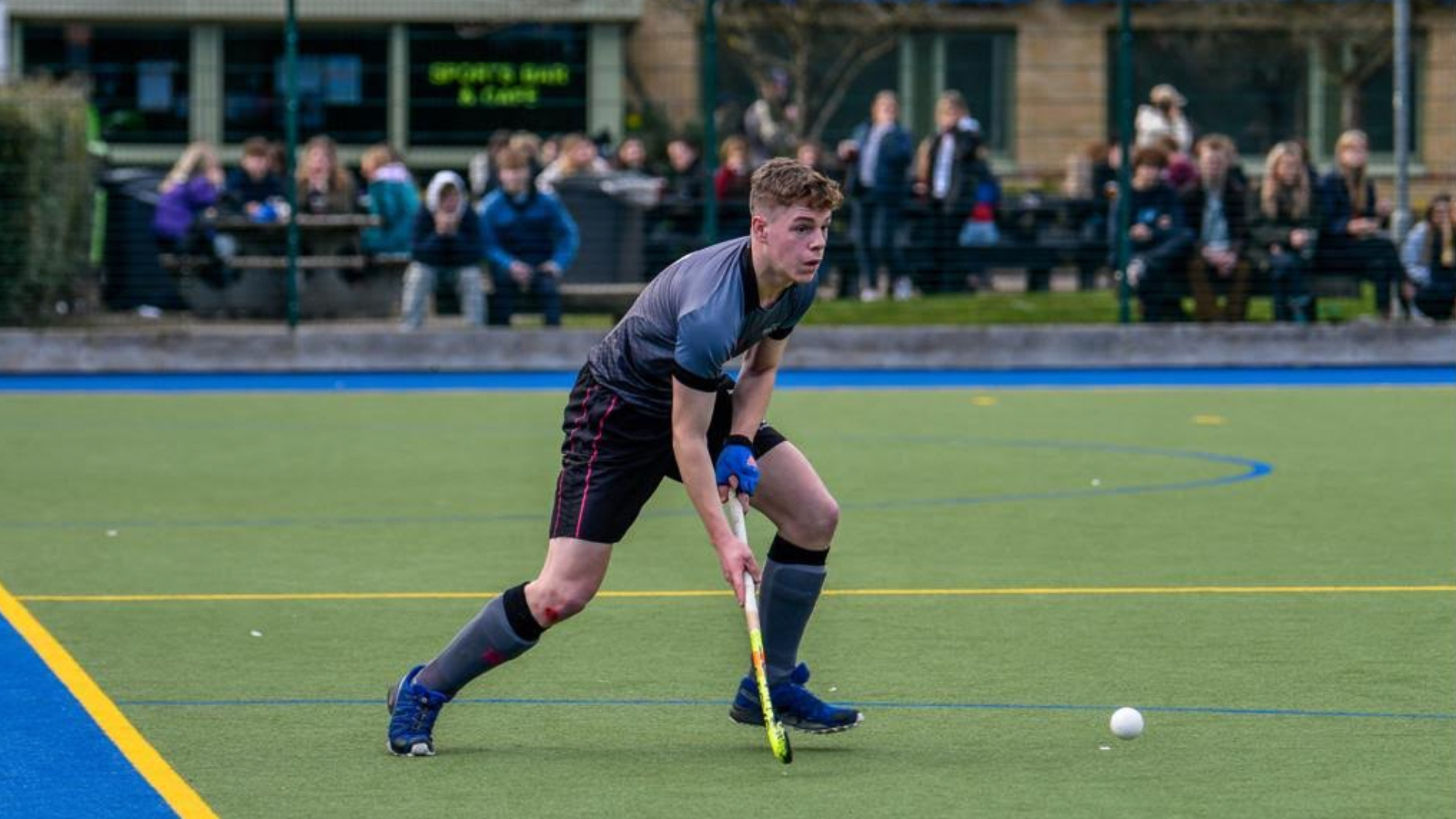Time to Talk Day 2022

Today, February 3rd February is Time to Talk Day which is the day that encourages friends, families, sports teams and communities to come together to talk, to listen and to change lives.
Charles Winder, one of our Men’s 1st Team Hockey Players recently opened up about his mental health journey to the Hockey Club and we are really excited to share it with you. If you, or someone you know is struggling, more details on the universities wellbeing support.
What have been your personal experiences with mental health?
I first started struggling with my mental health at a young age. When someone close to me was diagnosed with cancer I felt helpless. This feeling spiralled and I soon became depressed. At my lowest point I began to self-harm as I felt it was my only way to have control over anything in my life. Internalising what I was going through became the norm and my response to any question regarding myself was “I’m fine" which was a lie.
Others began to notice how withdrawn I had become, and how I was not eating or sleeping properly and encouraged me to seek help. I first went to see a therapist aged 14 and was extremely embarrassed by the situation. I felt that this was something I should handle myself and I didn’t want anyone to know I was struggling. After a while without improvement I was encouraged to go to a specialist institution in order to get the help that I needed.
How did you find this impacted you personally, socially and within sport?
I felt like a disappointment to my family and my friends. I was embarrassed with myself and didn’t want to appear weak. The thought that I needed to stay ‘strong’ and not talk about any issues hung over me. I became very isolated and lost friends as well as severely struggled to make new friends. Each new social situation was very stressful and I tended to avoid them where possible. This led to me declining invitations from teammates and I was on the outside of sports teams I played for. I never truly felt like I belonged there or that I was wanted which then had a detrimental impact on my sporting performances
What did you find helped you to improve your mental well-being?
Accepting that I needed help was a massive thing for me. A lot of my time spent with a therapist, I was there on account of being told to go, but when I accepted I needed help I began to improve. Having people who did not judge but were willing to listen and I knew they just wanted to help me, allowed me to realise that I did not need to be ashamed or hide my feelings.
What did others do to help you whilst you were struggling? What help did you find particularly helpful?
Being patient with me helped. Knowing when to try and push me to talk and when to avoid heavy topics helped a lot. Simply letting me know that they were there for me helped. Immersing myself in sports and other activities I enjoy enabled me to forget about my problems, albeit briefly, and reminded me about all there is to enjoy in life.
What advice would you give to someone who is struggling with their mental health now?
I would say that no matter how dark it may seem it does get better. There are always more people who care about you than you think and they would be happy to help you if you let them. Find ways to enjoy things even if they seem small or insignificant and do these often. Immerse yourself in those people that you know care and stay busy.
What advice would you give someone who is supporting their friend or teammate who is struggling?
I would advise people to reach out to those that are struggling and let them know that you care. Make them aware that you are there for them and are willing to listen and help them without being pushy. Let them come to you in their own time. Try not to act any differently with them and carry on doing what you normally do with them.
A massive thank you to Charles for sharing his journey. We encourage you all to engage in conversations today, and everyday to check in on your friends, families and teammates.
